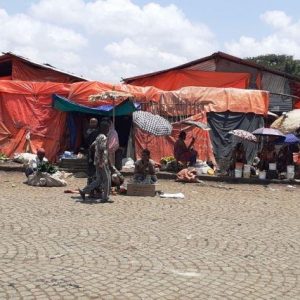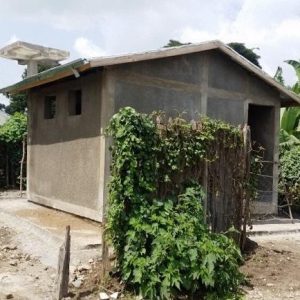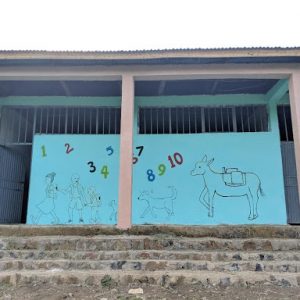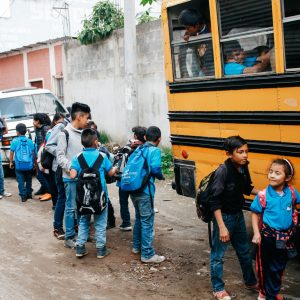Infrastructure
Infrastructure
Uniting community leaders to assess and develop viable solutions that enhance community sustainability, like building wells, irrigation systems, and solar-powered technologies.
Ethiopia
Enat CarePoint Shower and Latrine
In the community of Enat CarePoint, there is a huge market, open everyday, that serves Hawassa and the surrounding cities. Although there is heavy foot traffic and it is densely populated, there are no toilet and shower facilities for people at and near the market to use. This project provides access to a toilet and shower, as well as creates job opportunities for guardians of children at the CarePoint. Additionally, it allows an opportunity to support the sanitation of the community and decreases the spreading of infectious disease in the area.
Ethiopia
Kombolcha CHDA Toilet and Shower
Construction of a latrine and shower would support the CarePoint’s efforts to help improve hygiene and reduce disease. The toilet would be constructed with eight rooms, in which six seats will be toilets and two rooms for showers. It will include three toilets for men and three toilets for women, along with a one shower for each.
Guatemala
Colegio Israel Cooking Classroom Project
Colegio Israel has the vision to train students from 7th to 9th grade in different vocational skills linked to their natural abilities or family businesses. The cooking training class needs investment in equipment, furniture, and a trainer.
Guatemala
Hosanna Emmanuel School Block
Public schools are a major asset of the community. The objective of the school block project is to provide increased access to education for children in the community.
Guatemala
Mision Energes School Bus Purchase Project
Currently, Mision Energes offers school bus transportation for 70 children, who are between pre-school and high-school levels, providing support to reach higher education standards in the community. This service is available, both mornings and afternoons, from Monday to Friday. The purchase of the new bus will increase service capacity to the community from 70 to 85 students the first year and by 10 more students in each successive year through the fifth year. That means that we will be increasing our capacity by 55 children, over five years, which is an increase of 78% over those years.






